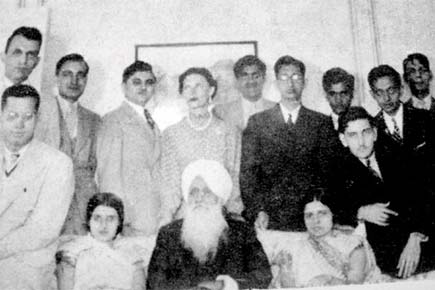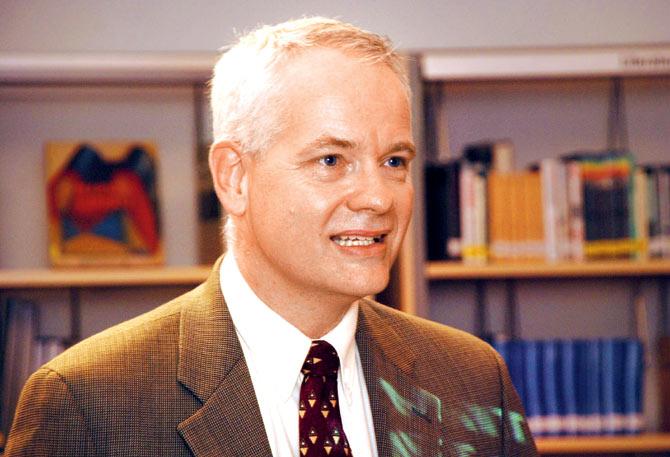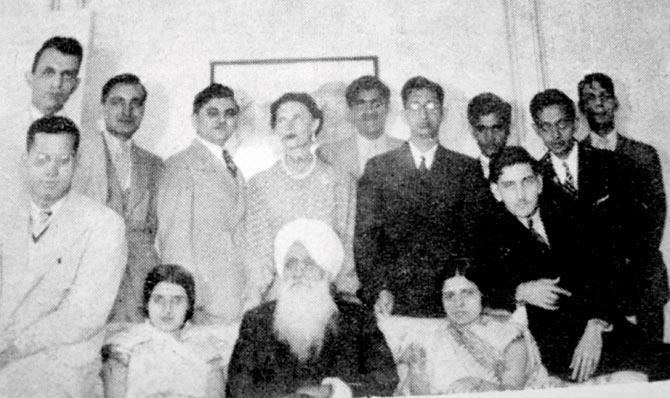Prof Ross Bassett talks of the first Indians to make it to MIT

Ross Basset
 I had noticed how Indians had played a big role in the US in technology," says Professor Ross Basset over the phone from Raleigh, North Carolina, days before his arrival in Mumbai for a talk on Indian students at the Massachusetts Institute of Technology (MIT) at Vikhroli's Godrej India Culture Lab. The lecture is the culmination of 12 years of research into the subject, that is now a book — MIT and the Technological Indian, published this February.
I had noticed how Indians had played a big role in the US in technology," says Professor Ross Basset over the phone from Raleigh, North Carolina, days before his arrival in Mumbai for a talk on Indian students at the Massachusetts Institute of Technology (MIT) at Vikhroli's Godrej India Culture Lab. The lecture is the culmination of 12 years of research into the subject, that is now a book — MIT and the Technological Indian, published this February.

Ross Basset
Bassett chooses to focus his book on the Indians who studied at MIT and returned in order to use their education in India, instead of those who went to the US and stayed there. "Those who returned to build a new country [Bassett's research begins in 1880s] have a much more interesting history," he says, adding that much of his research material came from the Godrej Archives.
Bassett did, during the many trips he made to India during the research period, also try and meet some of the early Indian students at MIT. In a number of cases, he found that several Indian business families had sent their heirs to MIT. However, Bhavnagar stands out. In a 2009 paper, Bassett writes: "Eight more degrees were earned by residents of Bhavnagar in the decade of the 1930s, making Bhavnagar responsible for one half the MIT degrees earned by Indians… Most of the MIT students from Bhavnagar, with the exception of the Parekhs, appear to have been funded by the princely state."

Seated, in turban is Prabhashankar Pattani, the Diwan of Bhavnagar. Pattani and the government of Bhavnagar funded many of the students in this picture. Anant Pandya is standing on the far left, Ravi Kirloskar is on the far left. Pic/Courtesy Ross Basset
The role that technology would play in building a new India was evident when the country's first Prime Minister Jawaharlal Nehru visited the MIT campus during a US trip in 1949. "He told Indian students there that he needed their help. 'The country has too many lawyers, we need more engineers,' he said," says Bassett.
 Subscribe today by clicking the link and stay updated with the latest news!" Click here!
Subscribe today by clicking the link and stay updated with the latest news!" Click here!









